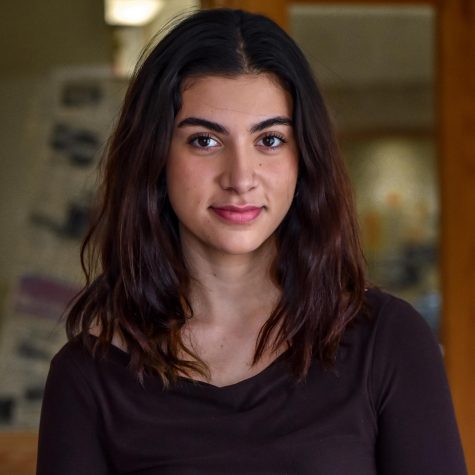Last May, I packed up everything in Marquis 217, everything I accumulated throughout my freshman year: thick coats for my first snowy winter, notes passed in class and stolen dining hall mugs. I enlisted the help of friends to carry boxes through the thick Pennsylvania humidity I had grown accustomed to, and said goodbye to my first and only Lafayette dorm.
The next time I was in Easton was for a visit during Laf-Le, as a sophomore at Washington University in St. Louis. When I left, as Trebor Maitin ‘24 drove me to New Jersey for Thanksgiving, he asked a familiar question: Why did you leave? I gave him a rehearsed answer, vaguely talking about the culture at Lafayette being wrong for me. He pressed me on it and asked what that really meant. At the time, it felt impossible to explain; this is my attempt to do so.
My Lafayette experience cannot speak for the people who love it. Instead, I want to convey what I learned after leaving: how it feels to be part of a community where it feels like everyone wants to be there. For some, that’s Lafayette. For others, that feels out of reach. It did for me.
Recently, a close friend at WashU told me my end-of-semester post was filled with appreciation. I was surprised he could summarize an emotion I had tried to convey adequately for months – it made me think about how I used to talk about Lafayette.
Initially I wanted to keep my desire to transfer a secret, but it slowly spilled out, at mock trial practice, on long drives and in the Milo’s bathroom. Often, others told me they felt the same way, that they had considered or applied to transfer, a classmate even said she knew a freshman who was shocked that anyone would stay.
Hypocritically, I felt disillusioned, not encouraged. Why should I want to stay when everyone wants to leave?
For me, gratitude and fulfillment go hand in hand. The brain physically can’t respond to feelings of gratitude and anxiety at the same time; it may sound sappy but cultural attitudes really do shape our social environments.
Gratitude doesn’t fix everything; there were – and still are – real structural problems at Lafayette, bigger than a mindset shift. I struggled with the presence of Greek Life, the limiting size and location and the lack of academic variety.
Being thankful doesn’t mean we have to be complacent; in lieu of gratitude, when we tell ourselves and each other we hate our environment, we start to believe it’s not worth improving. We have to care enough about what we have that we want to make it better.
Freshman year, Lafayette’s culture felt like an unchangeable obstacle, grandfathered in by decades of tradition; I don’t believe that anymore. The four-year turnover of a college, especially such a small one, gives people who have just entered the space the ability to alter it.
Culture is little more than how we behave as a collective – the way we treat ourselves and one another, the choices we make about how to cultivate our environment, the structures and the work we put energy into. We take for granted that culture can shape us, but sometimes we fail to believe we can shape it. I’ve seen what can happen when students at Lafayette come together – I just didn’t see it very often.
Aliana Mediratta is a sophomore at Washington University in St. Louis. She attended Lafayette College during the 2021-2022 academic year.
























































































































